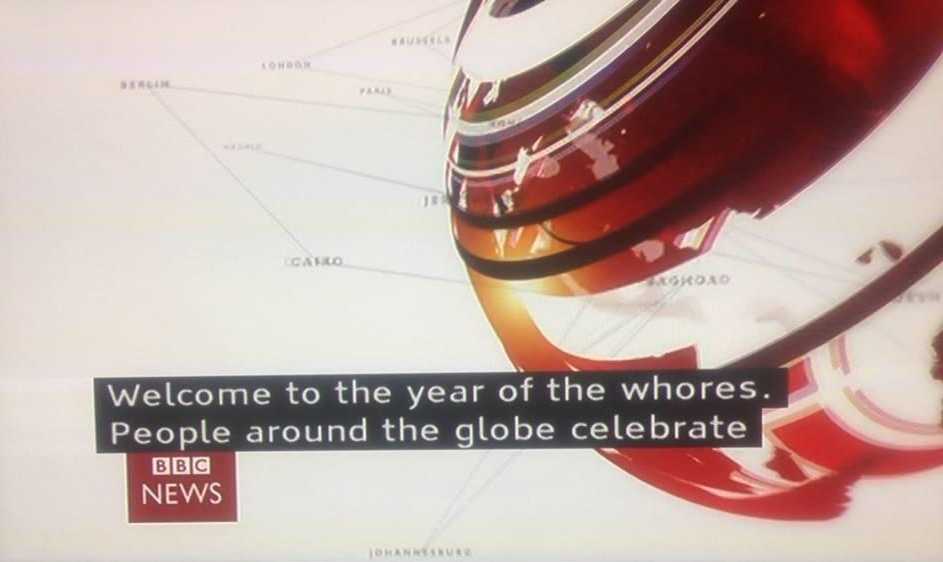From Dave Noon, "Christ, I hate Blackboard", Lawyers, Guns & Money 1/24/2014:
Hundreds of years from now, after disease and fire and famine have thinned the human herd to a shrunken patchwork of sagging, skeletal bands of jagged, half-mad wraiths — when the parched soil chokes forth desiccated roots and the air is a toxic brume slumping down on the arched, knotted backs of the still-barely-living — a remote spur of humanity will somehow recover the capacity to speak, an ability long since abandoned by their ancestors, who were mute-struck with the unfathomable despair of those cursed to watch everything they love die. After generations of dry-throated croaking and lung-starched wheezing, their tongues swollen with thirst and punctured with abscesses that never heal, these distant people will bring forth a new language to survey the boundaries of their pain. […]
On the outskirts of this new language, lurking on its crimsoned frontier, will lie words that will themselves have been cast into exile – foul offgassings within a lexicon that itself stands as a towering monument to the boundlessly obscene, words that will curve backward and devour themselves, each one an afflicted universe in the process of total collapse, words that exist for microseconds before streaking, unremembered and unmourned, into the void.
These are the words, if I could shit them into being, that I would use to catalogue the depth of my loathing for Blackboard.
Read the rest of this entry »




